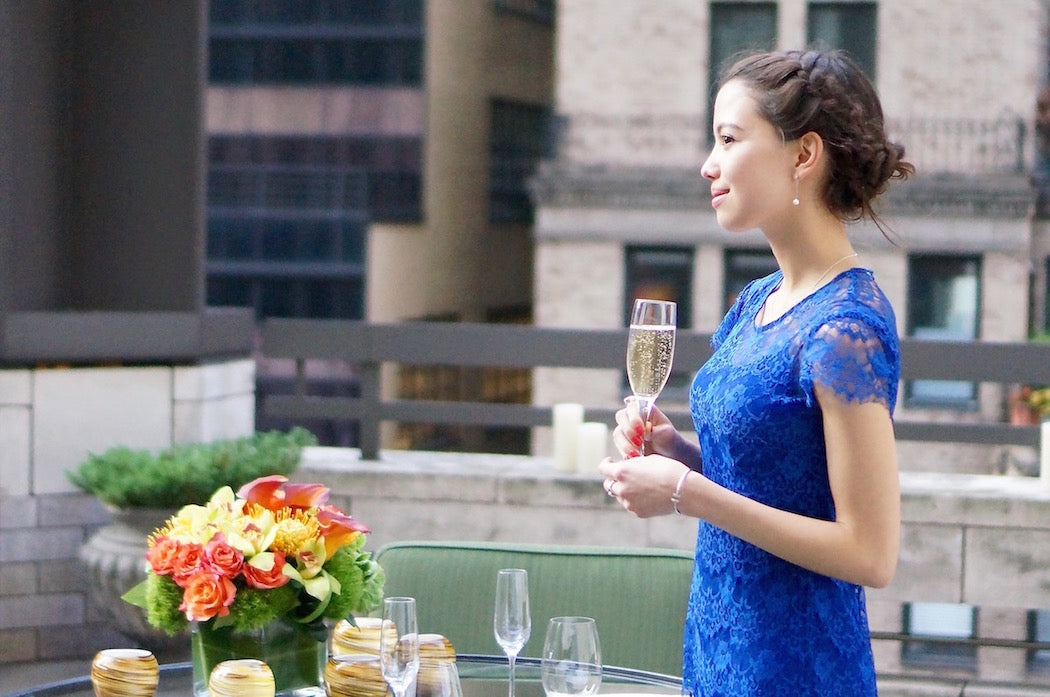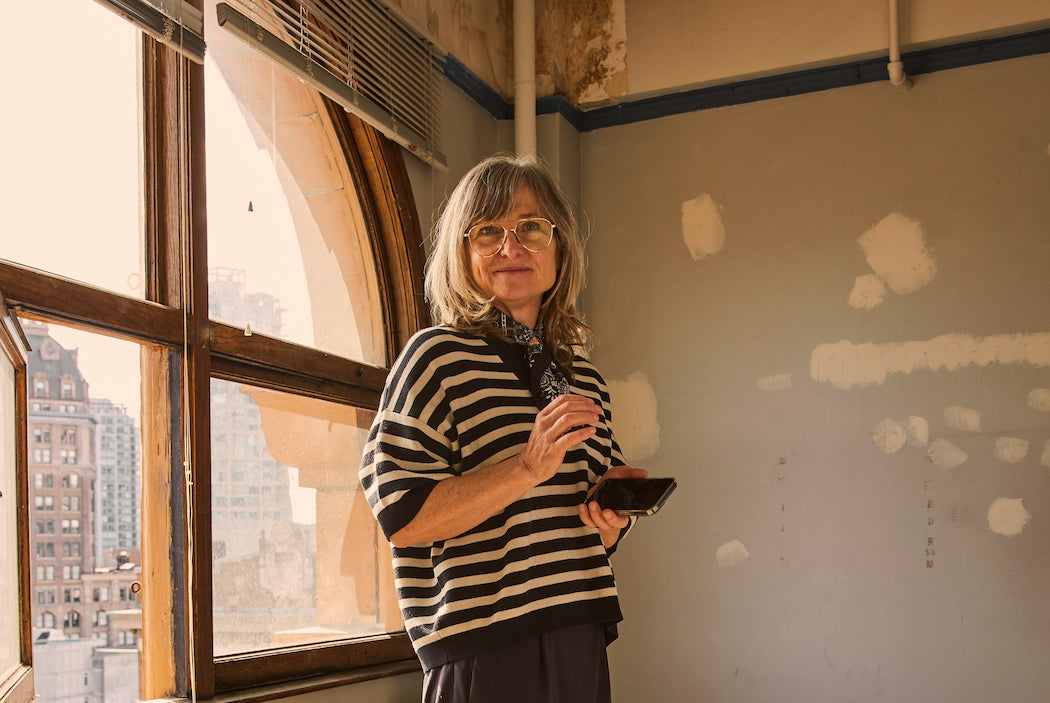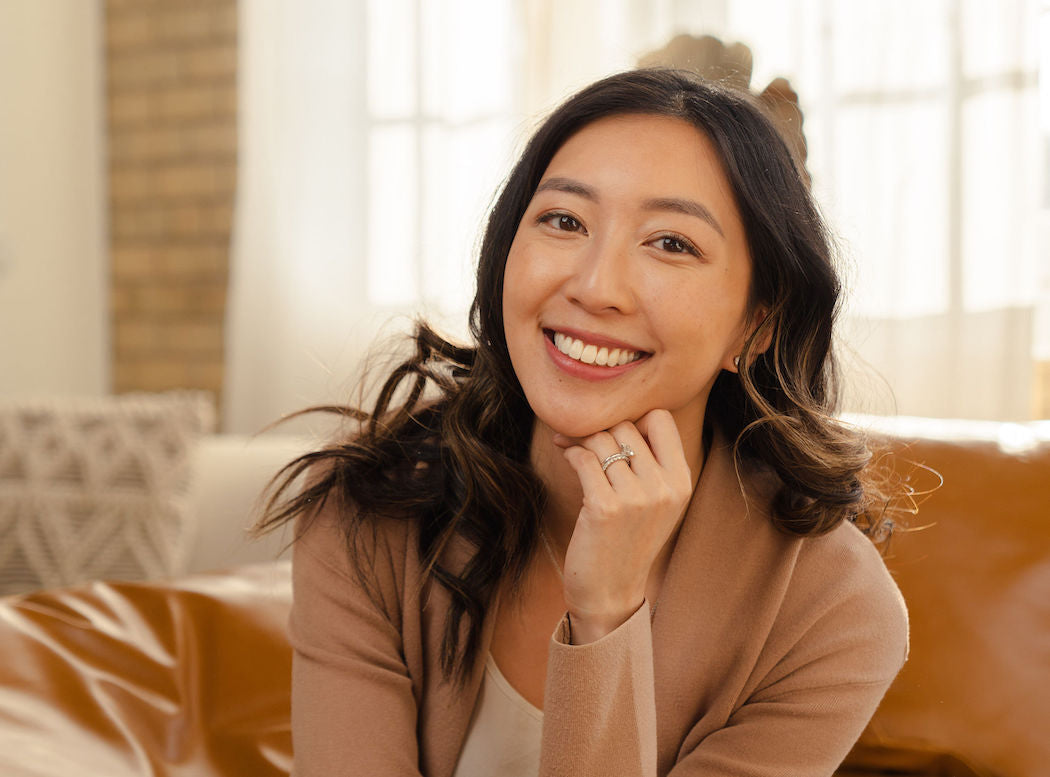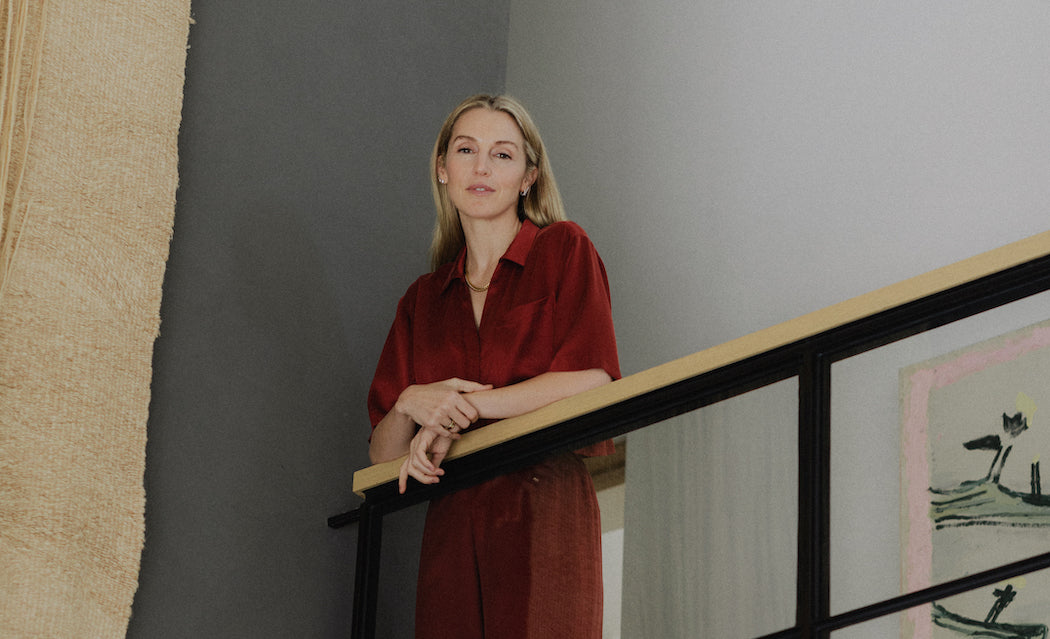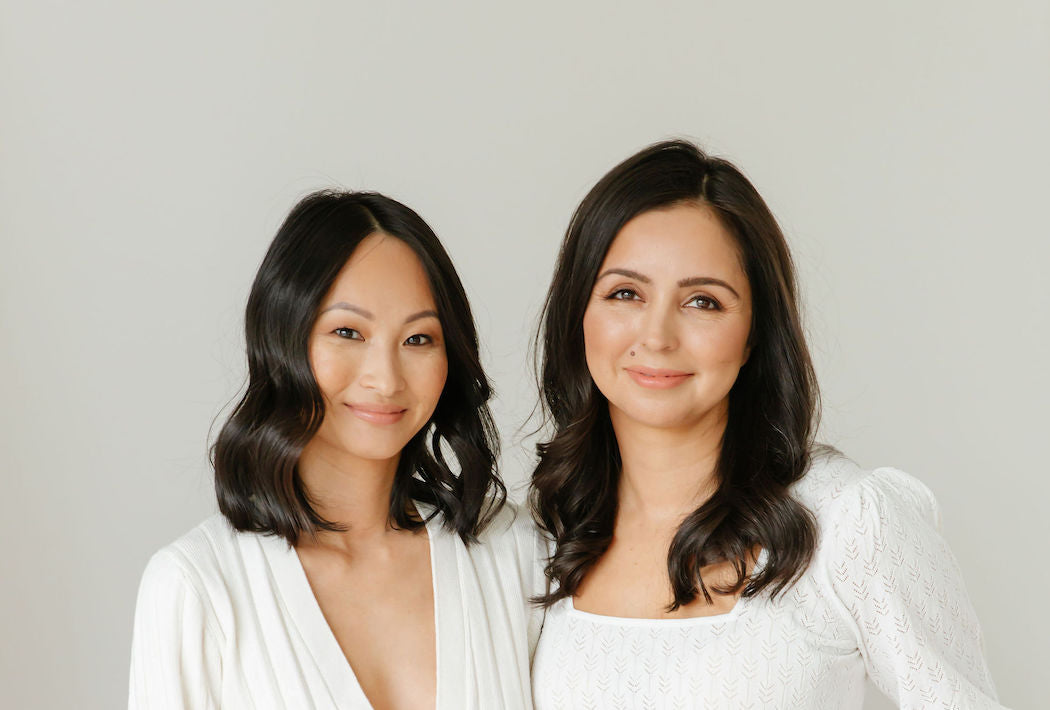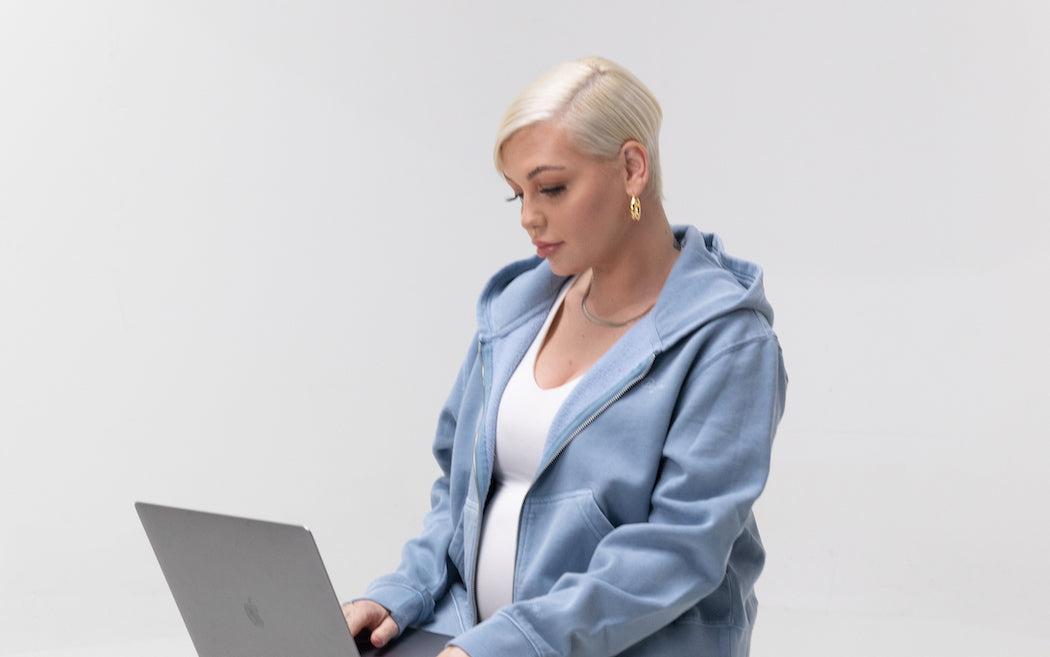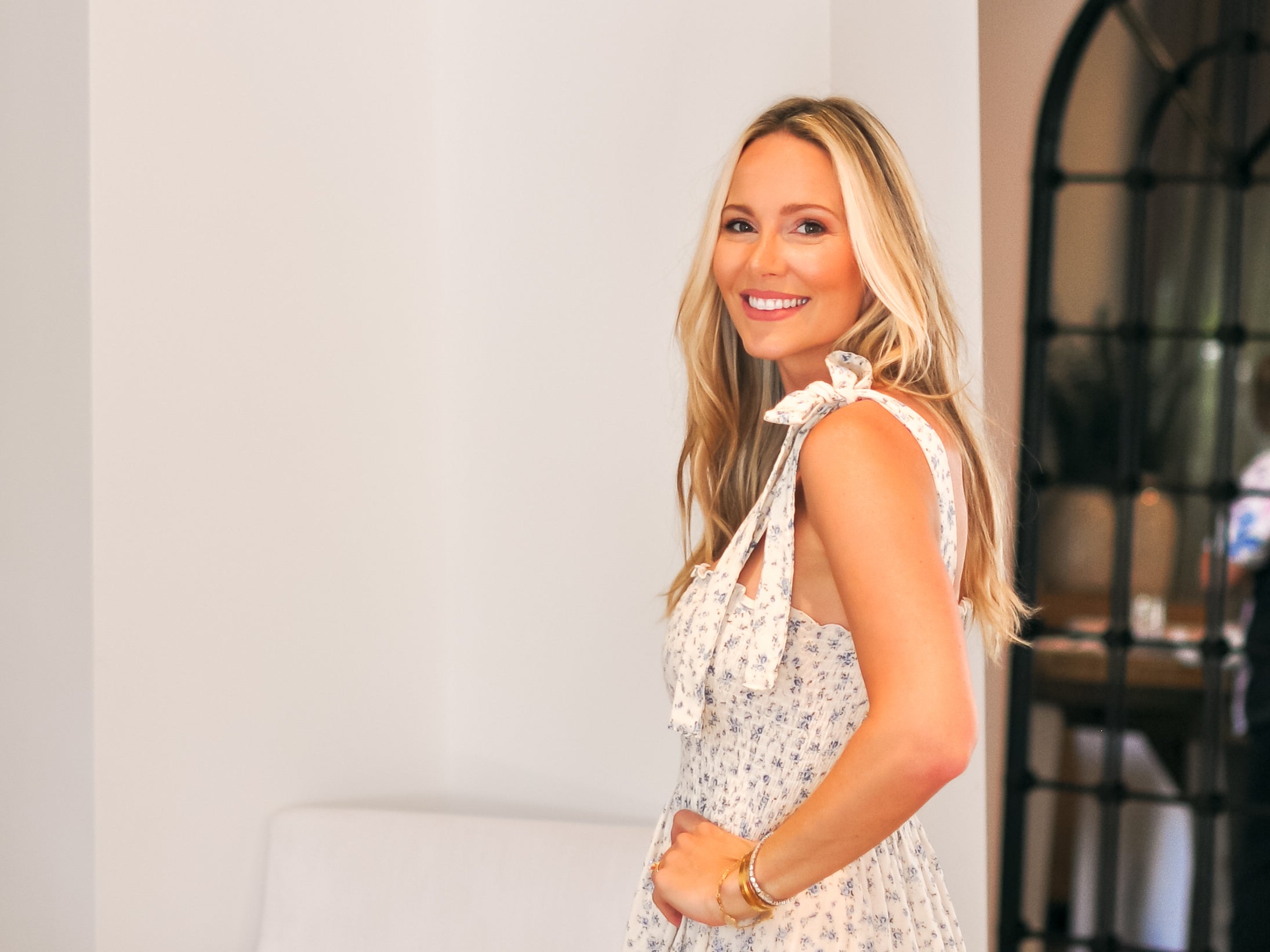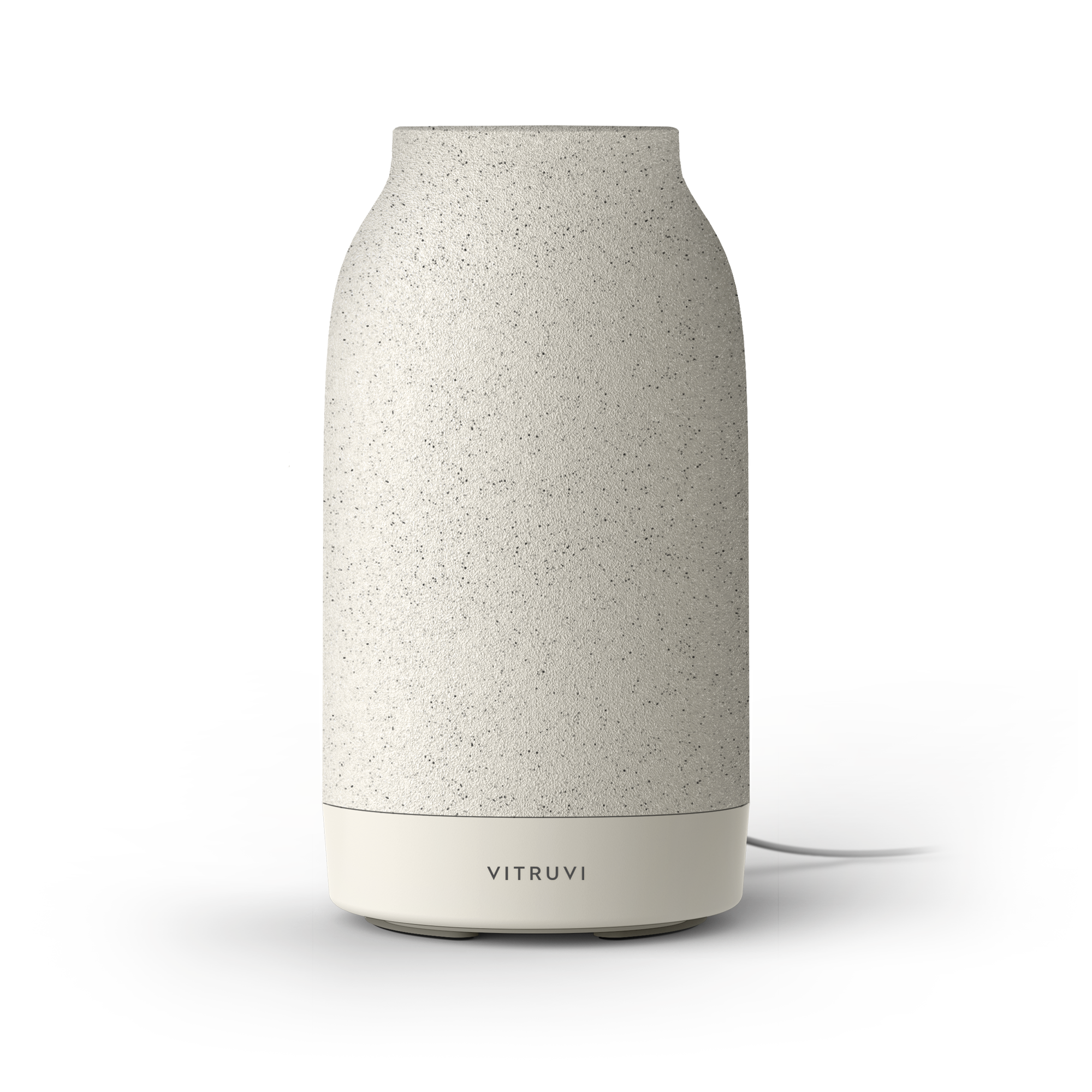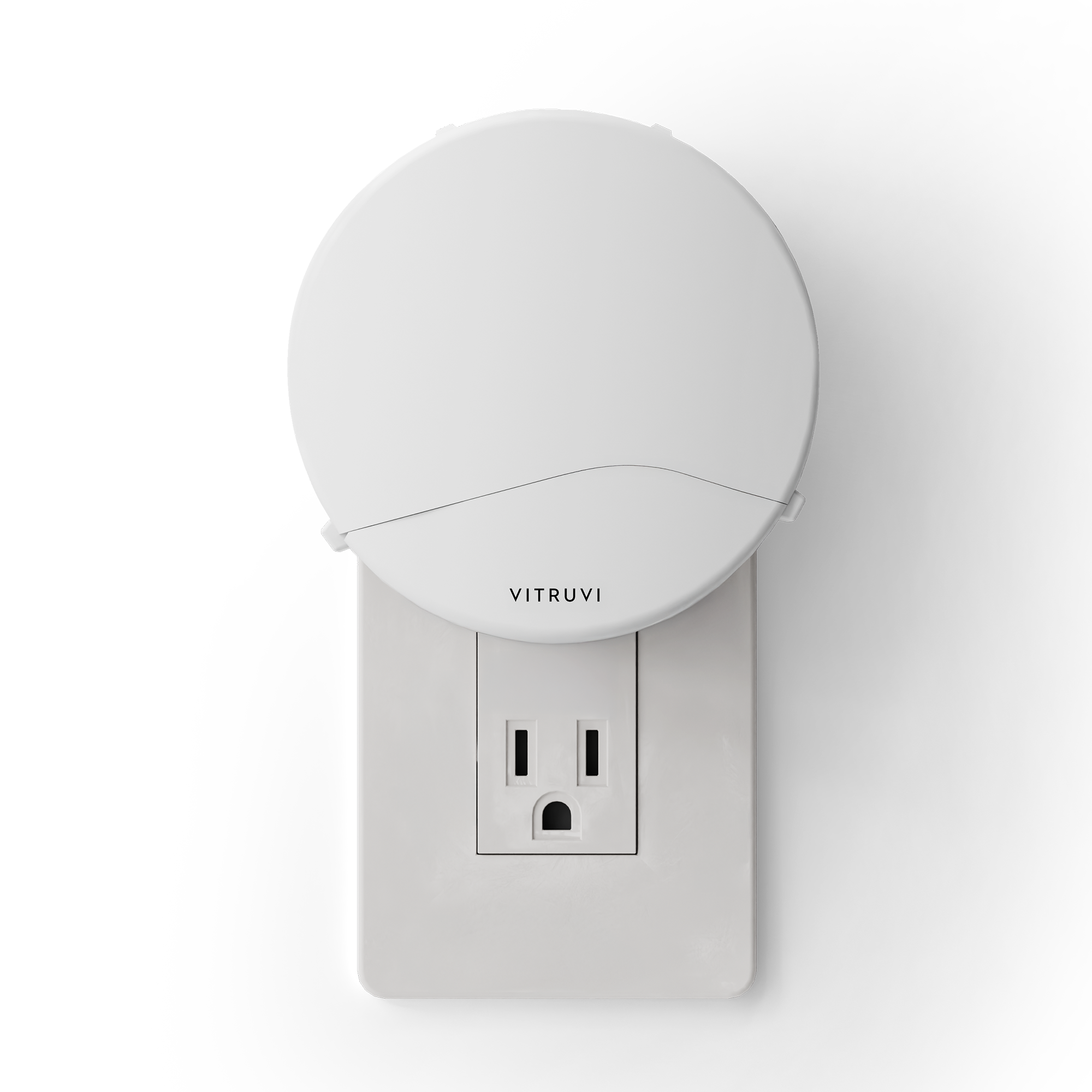“Where are you from?”
It’s a question I’ve heard hundreds of times in my life. And depending on the tone and intent of the inquirer, it can either spark a warm and friendly conversation—or feel like an interrogation.
The first time I remember being asked this question, I was in kindergarten. Sitting next to me was a blonde girl with saucer-like blue eyes; she studied me like I was an American Girl doll and she was deciding if she wanted to play with me or not.
I tried to convince her that I was from the same place as her: Naperville, Illinois. I’d lived there all my life and had walked to school that morning. But I looked “different,” so the curiosity remained: if I was born in the States, where were my parents from?
During those first couple of years in elementary school, I tried different answers. The truth is that my dad is from Southern Illinois and my mom grew up in Taiwan. We used to go visit my grandparents in Kaohsiung each year for months at a time. But when I said my family was from Taiwan, nobody knew where that was; they’d just gape at me as if I had said I was from Mars. “Oh, you mean Thailand,” one know-it-all boy once haughtily corrected me, as if I had misspoken and didn’t know my own ancestry.
I grew up bilingual, speaking both English and Mandarin. As an adult, I identify as both Taiwanese-American and Chinese-American; but as a kid, when I’d tell people I was Chinese, their reaction was often hurtful. One little boy pulled the outer corners of his eyes up and stuck his buck teeth over his lip in a caricatured Chinaman stereotype. “Like this?” he asked. No, not like that at all.
It was hard to fit in at school. But when we went to visit my grandparents in Taiwan, I didn’t really fit in there, either. My mom’s friends would comment on how beautiful my big eyes were, but disparage how dark I was from playing out in the sun. While Americans coveted the perfect tan, Asians preferred to be porcelain white.
On the first day of second grade, a new classmate looked at me with that curiosity that I’d come to recognize: it was as if she was trying to solve a riddle. “Are you from Hawaii?” she finally asked, with a conspiratorial grin. “That’s where we’re going for Christmas.”
After a moment’s hesitation, I nodded. It seemed simpler than trying to explain my ethnic background yet again. And when she responded with, “I knew it!” and pulled me over to join her group of friends, I felt like I’d cracked the code.
It was a way for me to take control of my narrative. It was a false narrative, sure, but to my somersaulting childhood logic, it didn’t really feel like a lie. It somehow made sense—though I’d never been to Hawaii, it was an island (well, multiple islands), just like Taiwan. From what I’d seen and heard of Hawaii in popular culture, it looked like a warm and friendly place with many Asian and mixed-race people—yet it was firmly part of America, making it more digestible to my white classmates.
On the long flights between Chicago and Asia, I would stare at the flight route on the seat-back TV, counting down the minutes left on our 13-plus-hour flight. I always spotted Hawaii, caught between Asia and the continental United States—completely isolated and far from everything. That’s how I felt at times. In Taiwan, everyone considered me to be white; but in the United States, in my own hometown, I was also a nebulous other. I didn’t quite belong anywhere.
Even as a seven-year-old, I somehow inherently knew that a touch of exoticism was beguiling—so long as it was palatable to my white, suburban audience. Hawaii was aspirational, desirable, and luxurious. Somewhere you went on vacation. It was cool to be from Hawaii.
For the next couple of years, I defaulted to Hawaii if anyone asked where I was from. I didn’t entirely understand my own identity, so I just glossed over it rather than confront it head-on. When I was selected based upon standardized test scores to join a magnet program in fourth grade, I suddenly found myself surrounded by diversity; like me, nearly half of my classmates had immigrant parents. For the first time, in that hodgepodge melting pot that I feel represents the best of American opportunity, I felt like I really belonged.
Today, I’m proud of my mixed cultural identity and feel confident embracing both my Asian heritage and my American home. As multiracial Americans continue to grow in number, I hope that it becomes easier to have discussions about identity. Nobody should have to lie about where they’re from.
